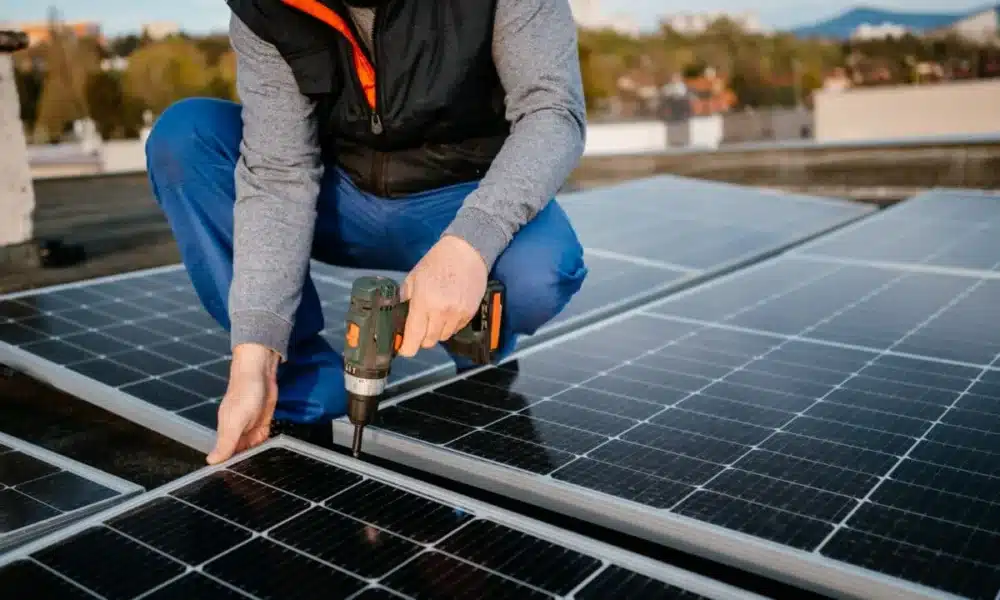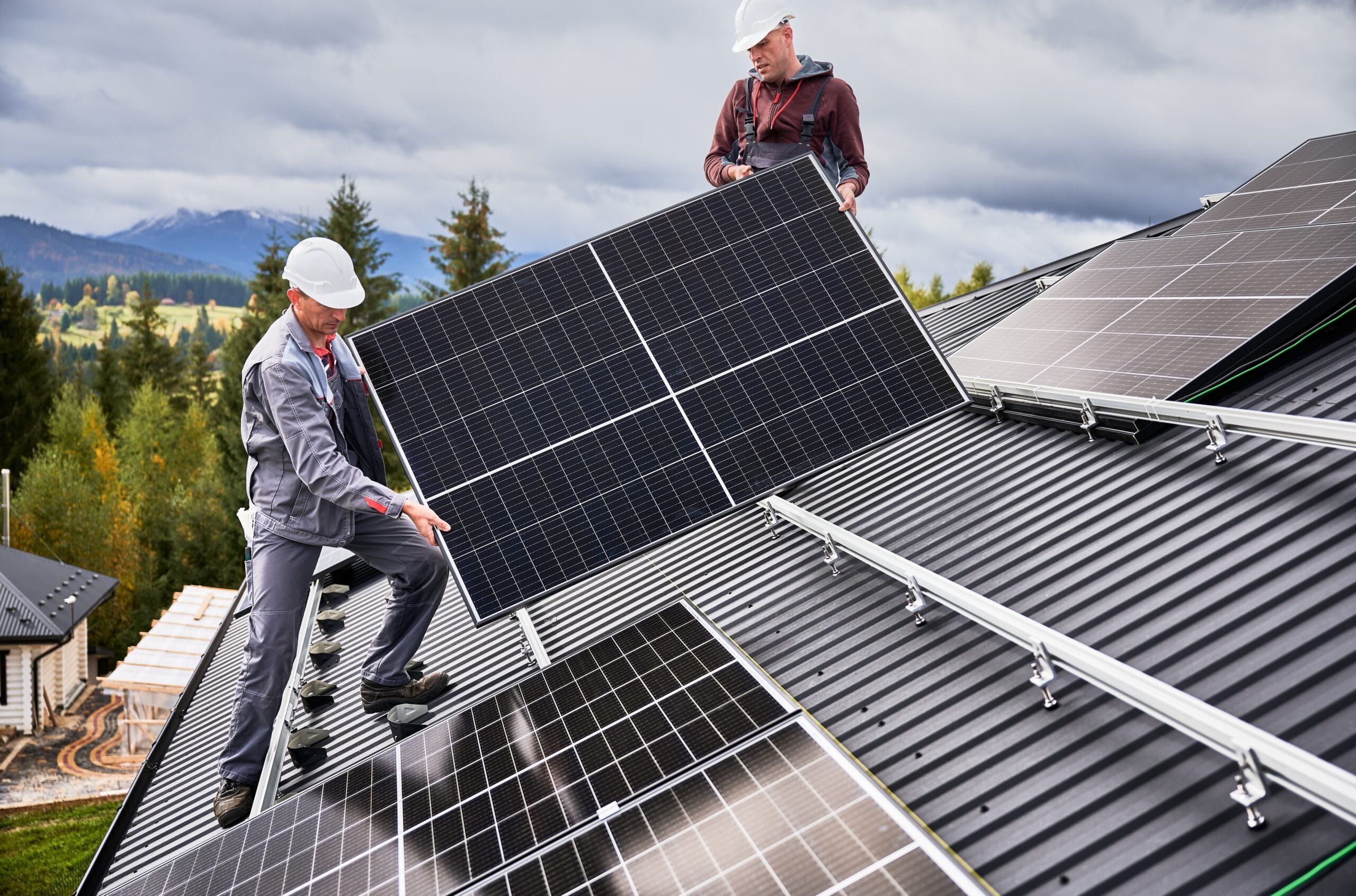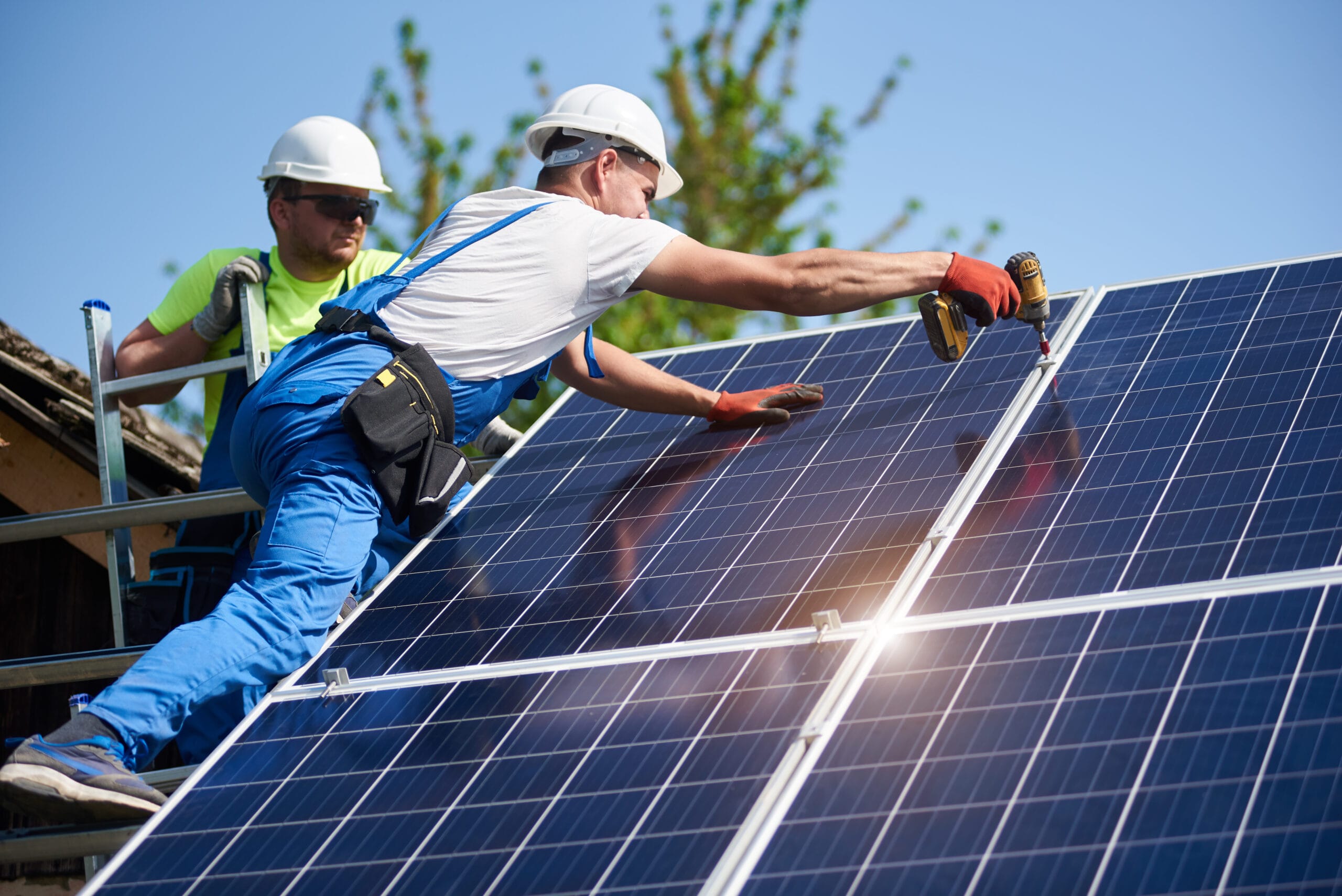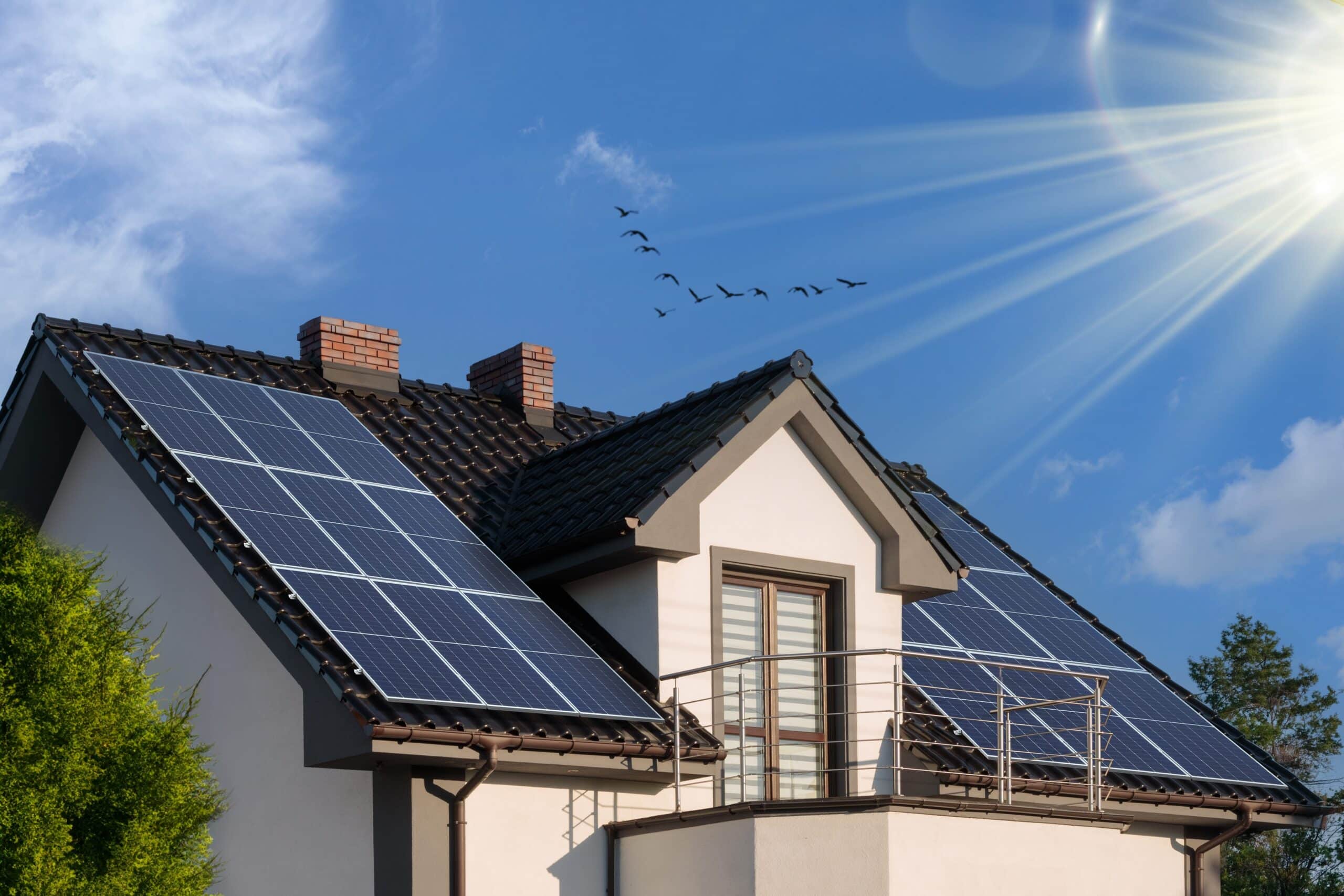As we delve into the world of renewable energy, one of the most compelling options that stands out is to install solar panels and solar energy. The benefits of harnessing the sun’s power are numerous and impactful, both for our wallets and the environment. First and foremost, solar energy significantly reduces our electricity bills.
Table Of Content
- Key Takeaways
- How to Install Solar Panels
- Assessing Your Property for Solar Installation
- Researching and Selecting a Solar Installation Company
- The Solar Panel Installation Process
- Choosing the Right Solar System for Your Home
- Financing Your Solar Installation
- Maintenance and Upkeep of Solar Panels
- Government Incentives for Solar Installation
- Government Incentives for Solar Energy Adoption
- Key Incentives for Solar Energy
- Local Incentives and Tax Exemptions
- Solar Energy and the Environment
- The Future of Solar Energy
- FAQs
- What is solar installation?
- Why should I install solar panels?
- What are the steps involved in installing solar panels?
- What are the benefits of hiring a professional for solar installation?
- What factors should I consider before installing solar panels?
By generating our own power, we can decrease our reliance on traditional energy sources, which often come with fluctuating prices. This financial relief can be particularly beneficial in areas where electricity costs are high, allowing us to allocate our resources to other essential needs. Moreover, solar energy contributes to a sustainable future.
By utilizing a clean and renewable resource, we are actively participating in the reduction of greenhouse gas emissions. This shift not only helps combat climate change but also promotes energy independence. As we invest in solar technology, we are less vulnerable to the geopolitical tensions that can disrupt fossil fuel supplies.
The transition to solar energy empowers us to take control of our energy consumption and fosters a sense of responsibility towards our planet.
Key Takeaways
- Solar energy is a renewable and sustainable source of power that can reduce electricity bills and carbon emissions.
- Installing solar panels involves assessing your home’s energy needs, choosing the right location, and hiring a professional installer.
- When choosing a solar system, consider factors such as energy usage, roof space, and budget to find the best fit for your home.
- Financing options for solar installation include loans, leases, and power purchase agreements, with potential tax incentives and rebates available.
- Regular maintenance, such as cleaning and monitoring, is essential for maximizing the efficiency and lifespan of solar panels.
How to Install Solar Panels
Assessing Your Property for Solar Installation
When it comes to installing solar panels, the process may seem daunting at first, but it can be broken down into manageable steps. Initially, we need to assess our property to determine its suitability for solar installation. Factors such as roof orientation, shading from trees or buildings, and the overall size of our roof play a crucial role in maximizing solar efficiency.
Researching and Selecting a Solar Installation Company
Once we have established that our home is a good candidate for solar panels, we can begin researching reputable solar installation companies in our area. The actual installation process typically involves several stages. After selecting a contractor, they will conduct a thorough site assessment and design a customized solar system tailored to our energy needs.
The Solar Panel Installation Process
Following the site assessment and design, permits must be obtained from local authorities, which can vary depending on our location. Once all approvals are secured, the installation team will install solar panels on our roof or property and connect them to our electrical system. This entire process can take anywhere from a few days to several weeks, depending on the complexity of the installation and local regulations.
Choosing the Right Solar System for Your Home
Selecting the right solar system for our home is a critical decision that requires careful consideration of various factors. We must first evaluate our energy consumption patterns to determine how much power we need to generate. This involves reviewing past utility bills and understanding peak usage times.
By analyzing this data, we can better gauge the size of the solar system that will best meet our needs. In addition to size, we should also consider the type of solar panels available on the market. There are several options, including monocrystalline, polycrystalline, and thin-film panels, each with its own advantages and disadvantages.
Monocrystalline panels are known for their high efficiency and sleek appearance but tend to be more expensive. Polycrystalline panels are generally more affordable but may require more space due to their lower efficiency. Thin-film panels are lightweight and flexible but often have the lowest efficiency ratings.
By weighing these factors against our budget and aesthetic preferences, we can make an informed choice that aligns with our goals.
Financing Your Solar Installation
| Financing Option | Interest Rate | Loan Term | Minimum Credit Score |
|---|---|---|---|
| Solar Loan | 3.5% | 10-20 years | 650 |
| Home Equity Loan | 4.2% | 5-15 years | 620 |
| Power Purchase Agreement (PPA) | N/A | 15-25 years | Not applicable |
Financing a solar installation can be one of the most significant hurdles for many homeowners. However, there are various options available that can make this investment more accessible. One popular method is through solar loans, which allow us to borrow money specifically for the purchase and installation of solar panels.
These loans often come with competitive interest rates and flexible repayment terms, making it easier for us to manage our finances while enjoying the benefits of solar energy. Another option is leasing solar panels or entering into a power purchase agreement (PPA). In these arrangements, a third-party company owns the solar system, and we pay them a monthly fee or purchase the electricity generated at a predetermined rate.
This approach can significantly reduce upfront costs and allow us to enjoy immediate savings on our electricity bills without the burden of ownership responsibilities. Additionally, many states offer incentives and rebates that can further offset installation costs, making solar energy an increasingly viable option for homeowners.
Maintenance and Upkeep of Solar Panels
Once we have installed solar panels, it is essential to understand their maintenance and upkeep requirements to ensure optimal performance over time. Fortunately, solar systems are relatively low-maintenance compared to other home appliances. Regular inspections are recommended to check for any debris or dirt accumulation on the panels, as this can hinder their efficiency.
In most cases, rain will naturally clean the panels; however, in areas with less rainfall or heavy dust accumulation, we may need to schedule periodic cleanings. Additionally, monitoring the performance of our solar system is crucial. Many modern systems come equipped with monitoring software that allows us to track energy production in real time.
By keeping an eye on these metrics, we can quickly identify any issues that may arise and address them promptly. Regular maintenance checks by a professional installer can also help ensure that all components are functioning correctly and efficiently, prolonging the lifespan of our investment.
Government Incentives for Solar Installation
Government Incentives for Solar Energy Adoption
Government incentives play a crucial role in encouraging homeowners to adopt solar energy. Various federal, state, and local programs offer financial assistance that can significantly reduce the cost of installing solar panels.
Key Incentives for Solar Energy
One of the most notable incentives is the federal solar tax credit, also known as the Investment Tax Credit (ITC). This incentive allows homeowners to deduct a percentage of their solar installation costs from their federal taxes. Additionally, some states offer rebates or grants for solar installations, further lowering the upfront costs.
Local Incentives and Tax Exemptions
Local governments may also provide property tax exemptions for homes equipped with solar systems. This ensures that homeowners do not face increased property taxes due to their investment in renewable energy. By combining these incentives, homeowners can make a more informed decision about transitioning to solar energy while maximizing their financial benefits.
Solar Energy and the Environment
The environmental impact of solar energy cannot be overstated. By choosing to harness sunlight instead of fossil fuels, we contribute significantly to reducing air pollution and greenhouse gas emissions. Traditional energy sources like coal and natural gas release harmful pollutants into the atmosphere, contributing to climate change and health issues such as respiratory diseases.
In contrast, solar energy is clean and renewable, providing us with an opportunity to minimize our carbon footprint. Furthermore, as we invest in solar technology, we support the development of sustainable practices within the energy sector. The growth of solar energy creates jobs in manufacturing, installation, and maintenance while fostering innovation in clean technology.
By embracing solar power as a viable alternative to conventional energy sources, we not only protect our environment but also promote economic growth in green industries.
The Future of Solar Energy
Looking ahead, the future of solar energy appears bright and promising. As technology continues to advance, we can expect improvements in efficiency and affordability for solar systems. Innovations such as bifacial panels that capture sunlight from both sides and advancements in battery storage solutions will enhance our ability to harness and utilize solar power effectively.
Moreover, as more individuals and businesses recognize the benefits of renewable energy, we anticipate a significant increase in demand for solar installations worldwide. Governments are also likely to continue implementing supportive policies that encourage clean energy adoption. With ongoing research and development efforts aimed at improving solar technology and expanding its accessibility, we stand on the brink of a new era where solar energy becomes an integral part of our daily lives.
In conclusion, embracing solar energy offers us numerous benefits, ranging from financial savings to environmental protection. By understanding how to install solar panels, choosing the right system for our homes, exploring financing options, maintaining our systems effectively, leveraging government incentives, and recognizing the positive impact on the environment, we can confidently move towards a sustainable future powered by renewable energy sources like solar power. As we look forward to what lies ahead in this field, it is clear that investing in solar energy is not just a personal choice; it is a collective step towards a cleaner and more sustainable world for generations to come.
If you’re considering installing solar panels at your home, it’s also a great opportunity to think about enhancing other areas of your outdoor lighting. A related article that might interest you is about selecting the right outdoor ceiling lights for your home. Proper outdoor lighting can complement your solar installation by ensuring that the exterior of your home is well-lit and energy-efficient. You can read more about choosing the best outdoor ceiling lights by visiting this link: Outdoor Ceiling Lights for Your Home. This guide provides valuable tips on how to choose lights that will enhance both the beauty and the functionality of your outdoor spaces.
FAQs
What is solar installation?
Solar installation refers to the process of setting up solar panels on a property to harness the sun’s energy and convert it into electricity. This involves mounting the panels on the roof or ground, connecting them to the electrical system, and ensuring they are positioned to receive maximum sunlight.
Why should I install solar panels?
Installing solar panels can help reduce your electricity bills, decrease your carbon footprint, and increase the value of your property. Solar energy is renewable and sustainable, making it an environmentally friendly choice for powering your home or business.
What are the steps involved in installing solar panels?
The steps involved in installing solar panels include site assessment, design and permitting, purchasing the solar panels and other necessary equipment, installation of the panels, and connecting them to the electrical system. It is important to hire a qualified and experienced solar installer to ensure the process is done correctly.
What are the benefits of hiring a professional for solar installation?
Hiring a professional solar installer ensures that the panels are installed safely and efficiently. Professionals have the knowledge and experience to assess your property, design a system that meets your energy needs, obtain necessary permits, and complete the installation according to industry standards.
What factors should I consider before installing solar panels?
Before installing solar panels, it is important to consider factors such as the amount of sunlight your property receives, the available space for panel installation, your energy consumption, and the upfront costs of the system. Additionally, you should research available incentives and rebates for solar installations in your area.












![Shiplap Costs Per Square Foot: Proven Expert [2026 Pricing Guide] Shiplap Costs](https://mynexthouseproject.com/wp-content/uploads/2026/01/Shiplap-Costs-550x400.jpg)


